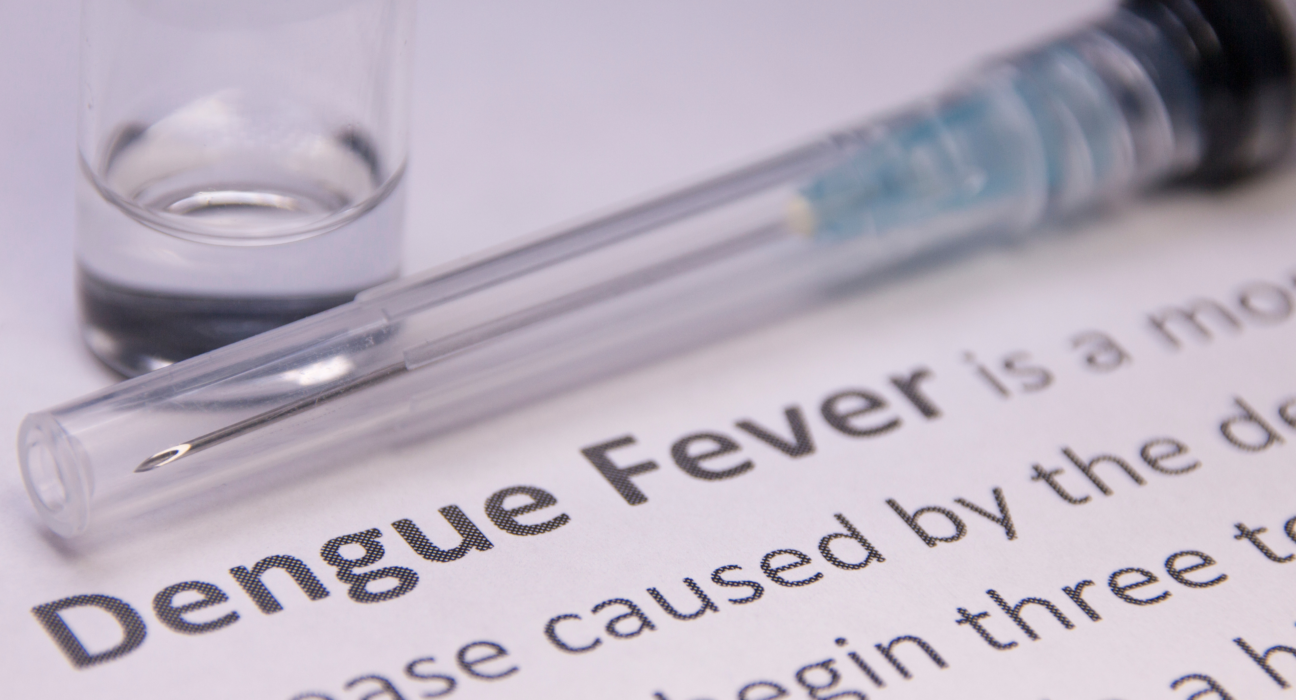By Kristin Josiah
Dengue fever, a viral infection transmitted through the bite of infected mosquitoes, is a disease that can significantly disrupt one’s life.
While many who contract dengue may experience mild or no symptoms, for others, it can progress into a severe and potentially fatal illness.
In tonight’s edition of NCN Health, sponsored by GTM Insurance and Essential Care Pharmacy, we delve into the intricacies of dengue fever, its symptoms, prevention measures, and treatment options.
The dengue virus (DENV) is primarily spread by Aedes mosquitoes, which breed in stagnant water. Symptoms of dengue include high fever, headache, body aches, nausea, and rash. While most individuals recover within 1 to 2 weeks, severe cases can lead to hospitalization and even death.
To mitigate the risk of dengue, it’s crucial to eliminate mosquito breeding sites by addressing areas of standing water. Tashanna Bowman, a focal point in the Aedes Borne Disease Program, provides valuable tips on reducing mosquito populations around our homes.
Dr. Shazeema Shaw, an infectious disease specialist at GPHC, emphasizes the importance of seeking medical attention for severe dengue symptoms, especially for individuals who have had dengue previously.
While there is no specific treatment for dengue, managing symptoms such as pain and fever is essential. Dr. Shaw advises against using aspirin or ibuprofen, as they can increase the risk of bleeding. Blood tests are used to diagnose dengue infection, and early detection is crucial for timely medical intervention.
Prevention remains the cornerstone of dengue control. Protecting oneself from mosquito bites through clothing, mosquito nets, window screens, and repellents is key to reducing the risk of infection.

